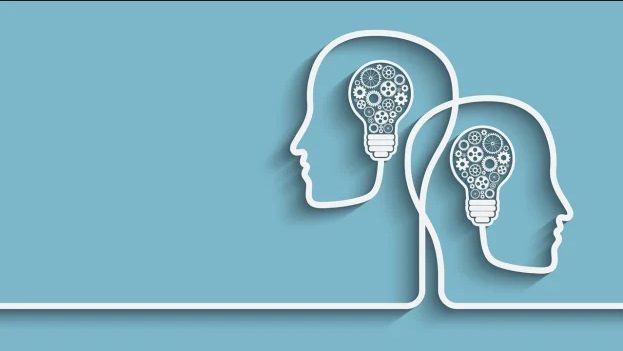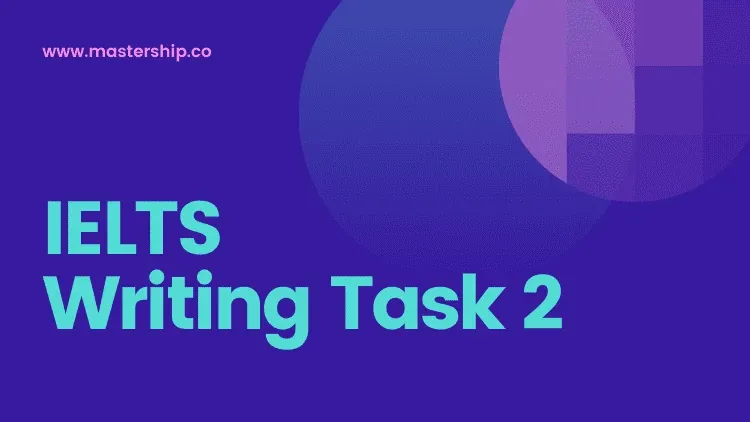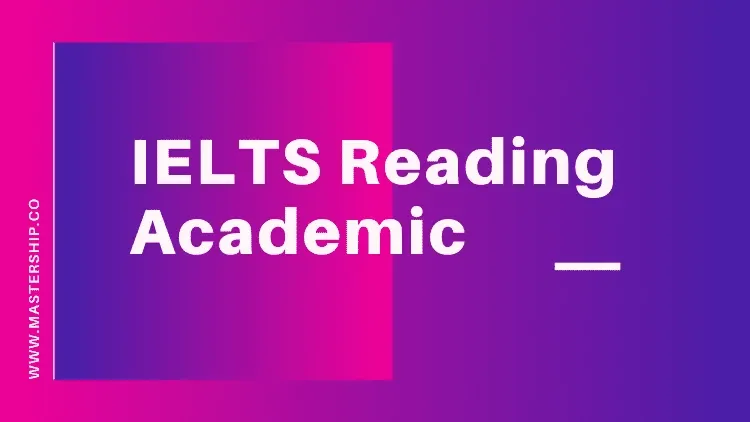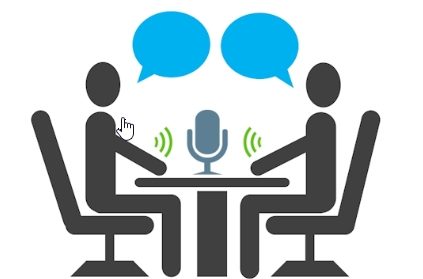



 Tech & IT
Tech & IT
 Business
Business
 Coding & Developer
Coding & Developer
 Finance & Accounting
Finance & Accounting
 Academics
Academics
 Office Applications
Office Applications
 Art & Design
Art & Design
 Marketing
Marketing
 Health & Wellness
Health & Wellness
 Sounds & Music
Sounds & Music
 Lifestyle
Lifestyle
 Photography
Photography
More Learnfly
Business Solution Become an InstructorEmotional intelligence (EI) is the capacity to recognize and manage emotions, both in oneself and others. It involves empathy, self-awareness, and effective emotional regulation, fostering improved communication, interpersonal relationships, and overall emotional well-being.












Learn more topics in various categories at one place. Explore unlimited courses in other categories and up-skill yourself today.

 Jazeb Akram
Jazeb Akram 4.2 771161 Beginner Level

 John Hedengren
John Hedengren 4.1 569067 All Level

 Ranjan Pandey
Ranjan Pandey 4.1 346732 All Level

 Muhammad Ahsan Pervaiz
Muhammad Ahsan Pervaiz 4.2 101341 All Level

 Pieter Vliegenthart
Pieter Vliegenthart 4.6 100920 All Level

 Jerome P.
Jerome P. 4.8 100883 All Level

 Senol Atac
Senol Atac 4.9 100097 All Level

 Vikas Munjal
Vikas Munjal 4.8 100067 Beginner Level

 Avinash A
Avinash A 4.8 100018 All Level

 Prabh Kirpa Classes
Prabh Kirpa Classes5 Lectures
.jpeg)
 Ashraf Al Madhoun
Ashraf Al Madhoun46 Lectures

 TJ Walker
TJ Walker23 Lectures

 TJ Walker
TJ Walker31 Lectures

 Mohamed Lamaachi
Mohamed Lamaachi26 Lectures

 GenZed Learning
GenZed Learning 65 Lectures

 Mweemba Mathews Mizinga
Mweemba Mathews Mizinga14 Lectures
.jpg)
 Mweemba Mathews Mizinga
Mweemba Mathews Mizinga8 Lectures

 Mark Grey
Mark Grey7 Lectures

 Arun Singhal
Arun Singhal15 Lectures

 Arun Singhal
Arun Singhal9 Lectures

 Arun Singhal
Arun Singhal11 Lectures

 Arun Singhal
Arun Singhal17 Lectures

 Mayur Pangrekar
Mayur Pangrekar9 Lectures

 Shay Singh
Shay Singh54 Lectures

 Shay Singh
Shay Singh21 Lectures

 Kieran Ball
Kieran Ball63 Lectures

 Kieran Ball
Kieran Ball69 Lectures

 Kieran Ball
Kieran Ball72 Lectures

 Kieran Ball
Kieran Ball65 Lectures

 Steve Liguori
Steve Liguori24 Lectures

 Steve Liguori
Steve Liguori22 Lectures

 Shay Singh
Shay Singh57 Lectures
.png)
 Shay Singh
Shay Singh45 Lectures

 Shay Singh
Shay Singh56 Lectures

 Olga Mukhina
Olga Mukhina23 Lectures

 Geetika Batra
Geetika Batra 48 Lectures

 Mayur Pangrekar
Mayur Pangrekar8 Lectures

 Anurag Singal
Anurag Singal16 Lectures

 Ross Maynard
Ross Maynard14 Lectures
.png)
 i-Speak English English
i-Speak English English18 Lectures
.png)
 i-Speak English English
i-Speak English English28 Lectures

 Andy Rodriguez
Andy Rodriguez64 Lectures

 Abhilash Nelson
Abhilash Nelson12 Lectures

 Richard Blazevich
Richard Blazevich8 Lectures

 Richard Blazevich
Richard Blazevich8 Lectures
Emotional Intelligence (EI) refers to the ability to recognize, understand, manage, and effectively use one's own emotions as well as those of others. It involves skills such as empathy, self-awareness, emotional regulation, and effective interpersonal communication.
Emotional Intelligence is crucial for building strong interpersonal relationships, effective leadership, and overall well-being. It enhances communication, helps navigate social complexities, and contributes to better decision-making and conflict resolution.
Common components include self-awareness (understanding one's own emotions), self-regulation (managing and controlling emotions), motivation (being driven to achieve goals), empathy (understanding and sharing others' emotions), and social skills (building and maintaining positive relationships).
Yes, Emotional Intelligence can be developed and improved over time. Individuals can enhance their emotional intelligence through self-reflection, seeking feedback, practicing active listening, and engaging in activities that promote empathy and understanding of different perspectives.
Emotional Intelligence contributes to success by fostering effective communication, collaboration, and leadership. Individuals with high emotional intelligence are often better equipped to handle stress, build strong team dynamics, and navigate challenging situations in both personal and professional settings.






